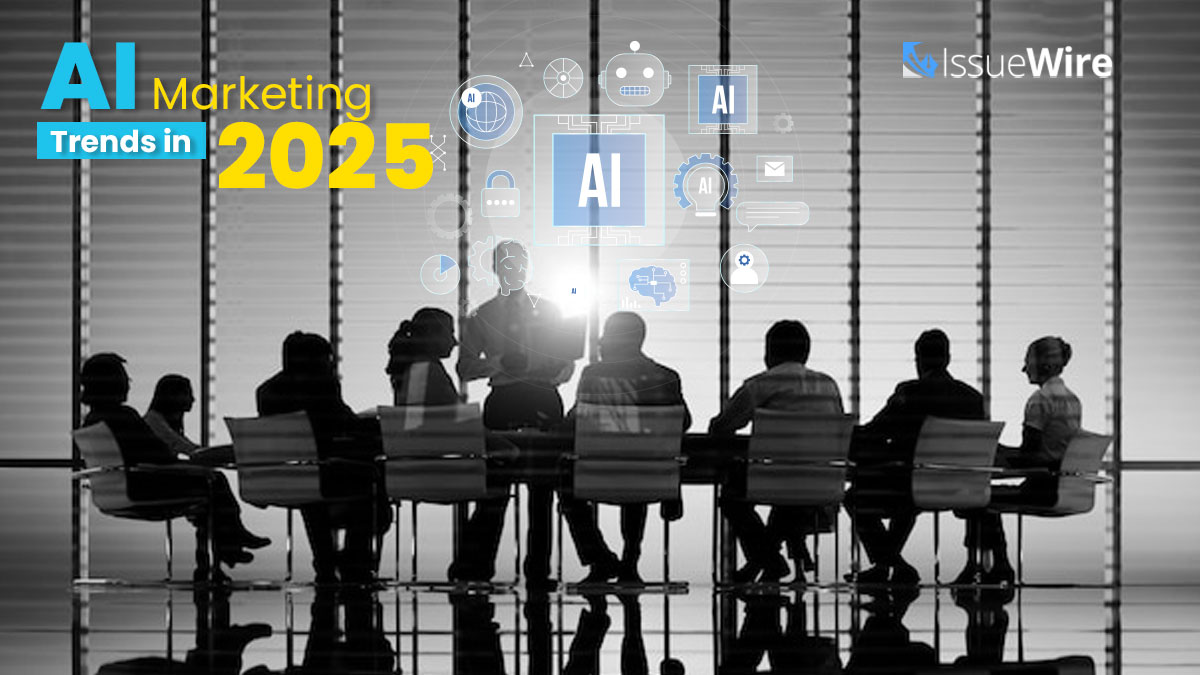It is becoming hard to navigate the digital world without encountering discussions about AI or seeing content created with it. AI has become a part of everyday life and business, with almost every tech company launching some kind of AI tool or product.
In 2024, AI took a big leap in marketing, making it easier for professionals to use in their campaigns. Major advertising platforms started incorporating AI for targeting, suggesting different ad copies, making improvements, and more. So, what’s next?
Let’s find out -
1. Hyper Personalization -
AI models are rapidly advancing and are now capable of analyzing vast amounts of data for various reasons, especially in understanding consumer behavior. Platforms like Dynamic Yield and Adobe Target empower marketers to make immediate adjustments to the experiences of their customers and prospects. For instance, Dynamic Yield helps identify visitor preferences, such as their interests and behaviors. This allows real-time customization of their experiences.
Consider an online clothing store as an example, If Dynamic Yield detects that a visitor is interested in jackets, the next time they log in, the homepage automatically displays the latest jacket sales. On the contrary, if another visitor is a shoe enthusiast, the homepage highlights shoe promotions instead. This technology, which has long been utilized on platforms like Meta Ads, proves to be highly effective. Applying this approach to websites or landing pages with AI technology represents a significant advantage for businesses.
2. Predictive Analytics -
Predictive analytics leverages AI and machine learning to evaluate past data and forecast future results. This capability enables marketers to better understand customer behavior and efficiently allocate their budgets. It is increasingly being utilized on paid media platforms, such as Meta Ads and Google Ads, to achieve optimal results.
For example, in Meta Ads, if your campaign aims to generate the highest number of leads at the lowest possible cost, the system will analyze your target audience to identify individuals who are most likely to take the desired action. This approach can also be applied across various business and marketing functions. This includes anticipating customer behavior, enhancing campaign targeting, preventing churn, developing dynamic pricing strategies, and optimizing advertising expenditures.
3. AI-Optimized Advertisement Campaigns -
It is crucial to highlight how much automation has been integrated into paid marketing. Platforms such as Meta and Google have been leveraging AI for PPC management for quite some time. Initially focusing on advancements in bidding and conversion optimization, paid platforms have incorporated significantly more AI into almost every aspect of account management.
Campaign options like Performance Max and Advantage+ have streamlined the process of creating and launching campaigns for users with different levels of knowledge and experience. Moreover, AI now plays a greater role in targeting and creative elements, assisting you in developing a campaign and initiating it more quickly than ever.
4. AI-driven Audience Segmentation -
With major browsers like Chrome phasing out cookies due to stricter privacy regulations, marketers are increasingly turning to first-party data and AI-driven audience segmentation. Regulations like GDPR and CCPA, along with a demand for greater consumer transparency are making third-party data collection difficult.
As a result, marketers are utilizing tools like HubSpot, Segment, and Klaviyo to manage first-party data effectively. They can then leverage platforms such as Meta or Google Ads to remarket to customers or create lookalike audiences. AI analyzes shopping patterns, communication preferences, and engagement trends by combining first-party data with demographic and geographic information. This allows real-time adjustments to audience targeting based on evolving customer behaviors.
Since voice search has become an integral part of everyone’s daily lives, conversational AI will be on the rise too.








